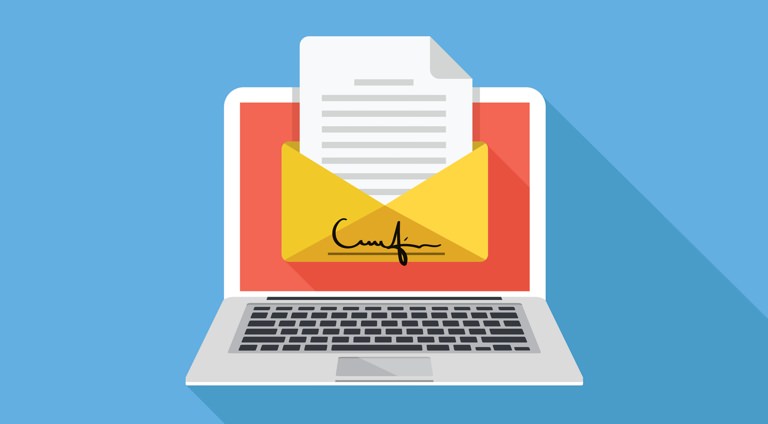How are you feeling today? A little stressed? Overworked and under-rested? You're not alone. About half of all Americans say we're often or always exhausted due to work—up from nearly 33% in 2006—according to the General Social Survey, a health poll that's been monitoring trends in American behaviors and priorities since 1972.
While there isn't a clear cut definition for burnout, the American Psychological Association's David Ballard, PsyD describes job burnout as "an extended period of time where someone experiences exhaustion and a lack of interest in things, resulting in a decline in their job performance."
"A lot of burnout really has to do with experiencing chronic stress," says Dr. Ballard. "In those situations, the demands being placed on you exceed the resources you have available to deal with the stressors." This results in that familiar overcooked state—a trifecta of constant exhaustion, cynicism and reduced effectiveness. And when that's left to fester, it can do serious damage your health, your overall happiness, not to mention your job and personal relationships.
It's the opposite end of the spectrum from engagement and fulfillment. The engaged employee is energized and involved, which leads to a stellar performance. While the burned-out employee remains weary, doubtful and overwhelmed. So how to combat and prevent burnout from overcoming you? We consulted some experts to provide you with a winning game plan.
A clear sign of burnout is when you feel tired all the time. It's the sense of not having any energy, of being completely spent. And this exhaustion can be emotional, mental or physical. It drains you of motivation and patience and manifests in frustrations, cynicism and other negative emotions. You may feel like what you're doing doesn't matter that much anymore. This chronic stress may interfere with your ability to pay attention or concentrate, making you more forgetful or unable to solve problems of make decisions. Not surprisingly, such behavior makes it easy to have more conflicts and arguments with others.
Limit Your Screen Time
Set some boundaries around your use of digital devices during your off-hours to establish limits on when you should feel responsible for work. Don't check your email when you're taking a vacation or long weekend—it only sucks you back into the mindset that lead to feeling burnt out in the first place. Keep your social media habits in check as well. It's all too easy to fall down the hole of Instagram envy and subconsciously calculate how you stack up against all these people in pretty (if not highly-orchestrated) photos. By pulling back, you're able to focus more on your present and immediate surroundings.
Clear
Your Mind
There's been a lot of talk over the past few years about the benefits of meditation and it's connection to the mind and body. And it's never been easier to embrace. There are a handful of helpful apps like Headspace, which guide you through focussing your attention on your breath and helping you boost your concentration. Simply observe your thoughts without judgment, and let them come and go like passing waves in the ocean or clouds in the sky. And if you don't have a spot at work to meditate or find sitting uncomfortable, Psychology Today suggests mindful walking. Pair your steps with your breath. Inhale for 4 steps, exhale for 4 steps. Adjust the number of steps based on your pace of walking to create an even, calming breath pattern.
Embrace the Midday Break
When you're burnt out and have a lack of motivation, one of the misconceptions is that to get out of it, you're going to have to try harder, work more and outperform others to get back on track. This may achieve some short-term results but it's unattainable and often unrewarding. To perform at your best over the long term, you need regular opportunities to restock your mental energy. Meet a colleague for coffee. Take a walk around the block. Have a late lunch away from your desk. Stepping away from your work gets you out of the weeds and serves as a physical prompt for you to reexamine the big picture. Why in the afternoon? That's likely when you need it most. According to most scientists who study the human's response to stress, your energy and focus is high in the morning, so you should focus on work then and maximize your productivity. Tackle the tough stuff first and then step away for a rewarding rest.
Prioritize Self-Care
This is different for everyone, so think about those things that feel good to you or make you feel like your best self. Hitting the gym not only gets out aggression, but working your body allows for great sleep, which tends to make us feel better about ourselves. Massage therapy has also been shown to reduce both stress and anxiety while reducing the levels of the stress hormone cortisol in the bloodstream. Making time for yourself—be it a long bath, writing in your journal or simply going to the movies—is an essential practice that will promote calmness and overall well-being.
Make New, Interesting Plans
Beating burnout is not as simple as working less and avoiding work emails on your off time. Don't spend all your downtime simply vegging out--time will escape you and you want to feel recharged. Instead, engage in activities that challenge and interest you. The kind of things you can look forward to and take pleasure in planning. These, in the scientific community, are called "approach goals," which is doing something pleasurable--instead of an "avoidance goal," like not checking email. Research shows that approach goals are easier and more enjoyable to achieve. Not only that, but these goals can challenge you, give you a sense of accomplishment and naturally boost your energy. But it does require some effort, so to start, try introducing one new experience a month.
Talk to the Boss

Much of what you do to combat burnout is internal. But sometimes, you need to speak to someone at work about reducing job-related stressors. Look into eliminating those low value yet highly frustrating activities, or how you might limit contact with coworkers who are especially draining.






